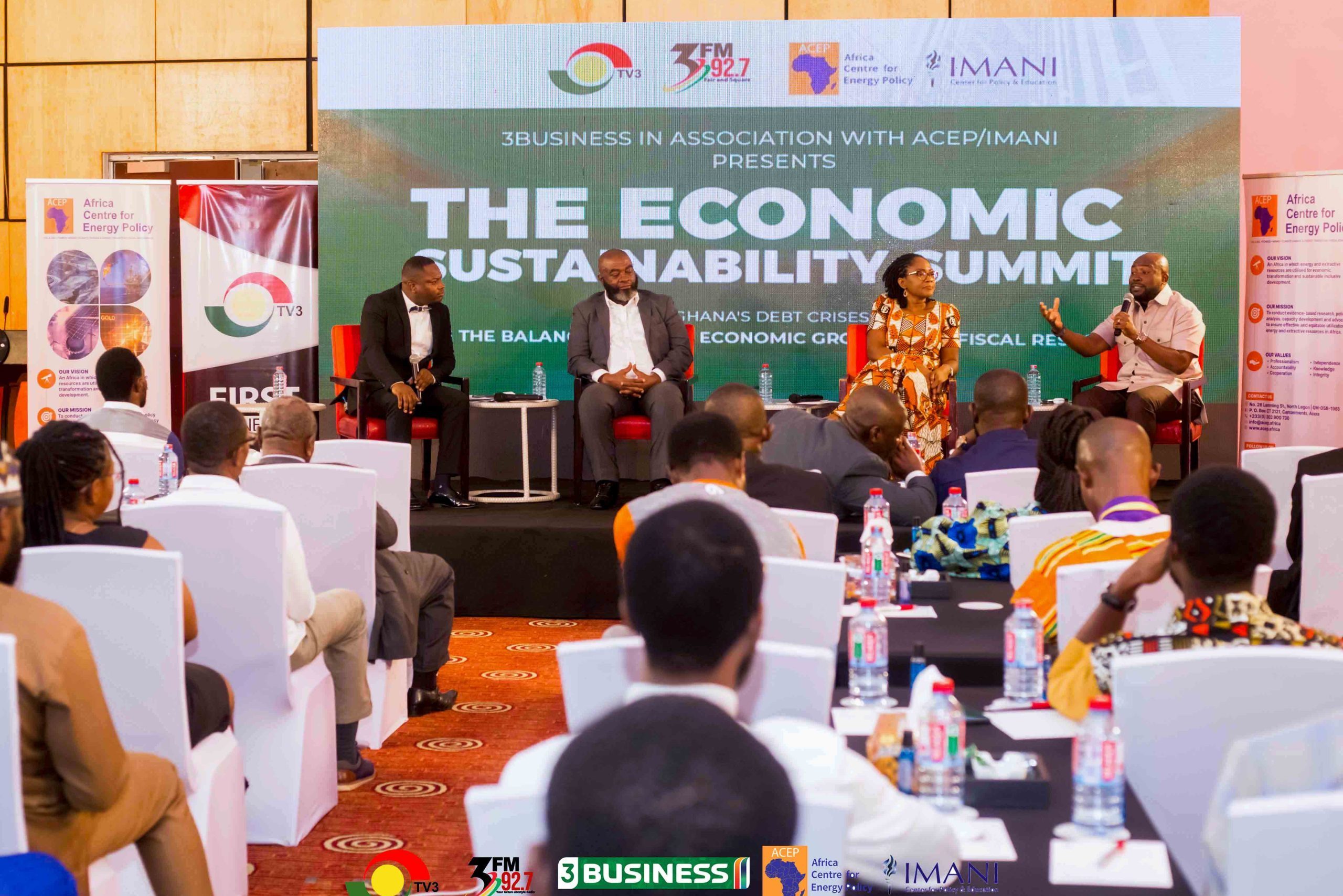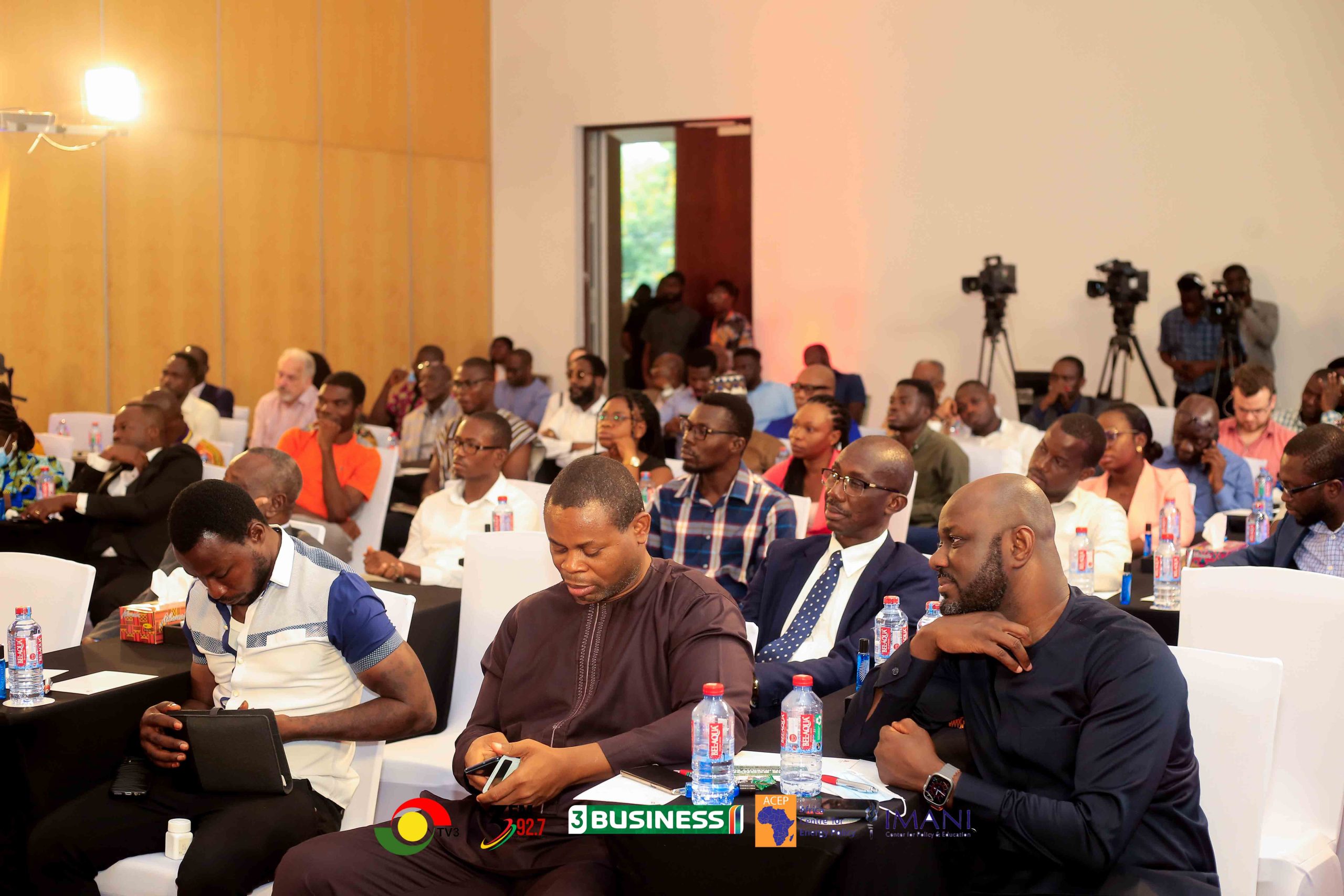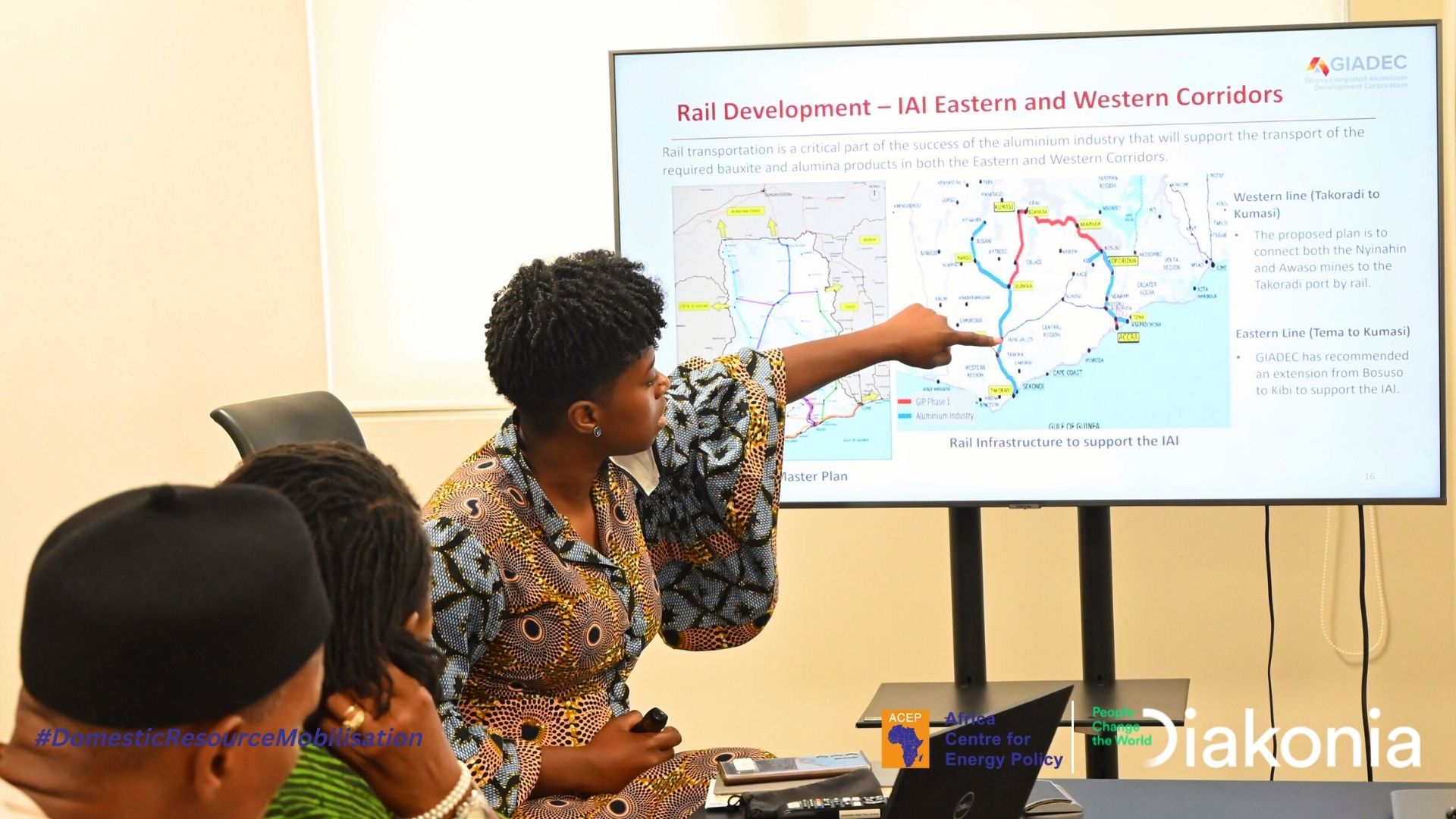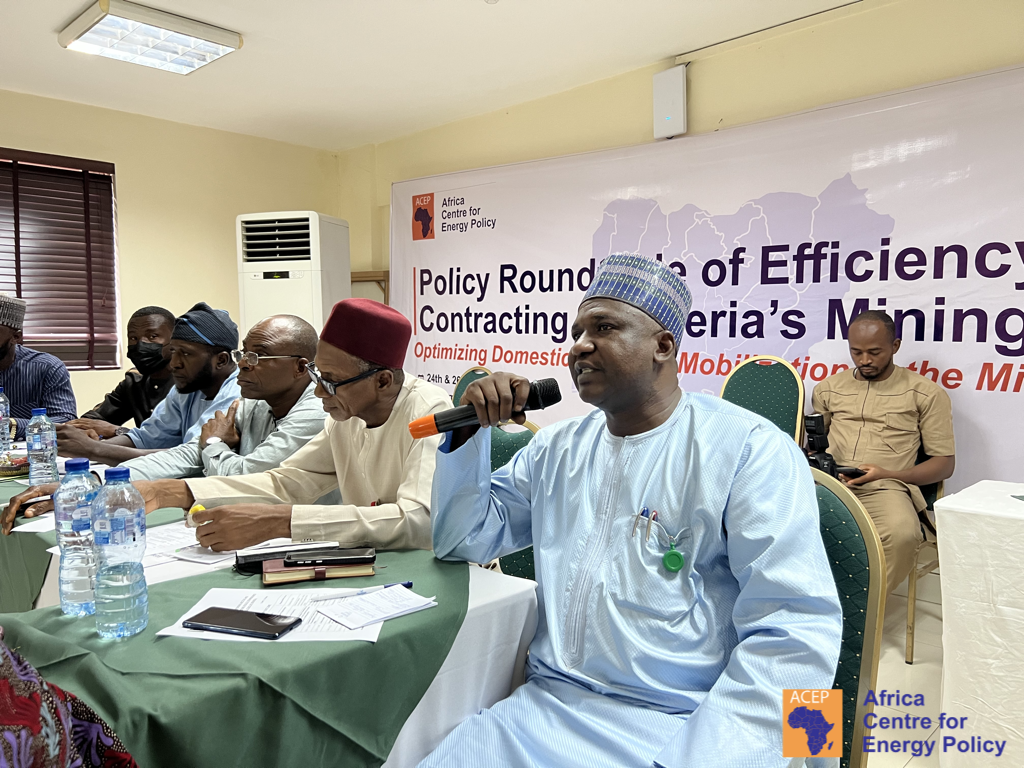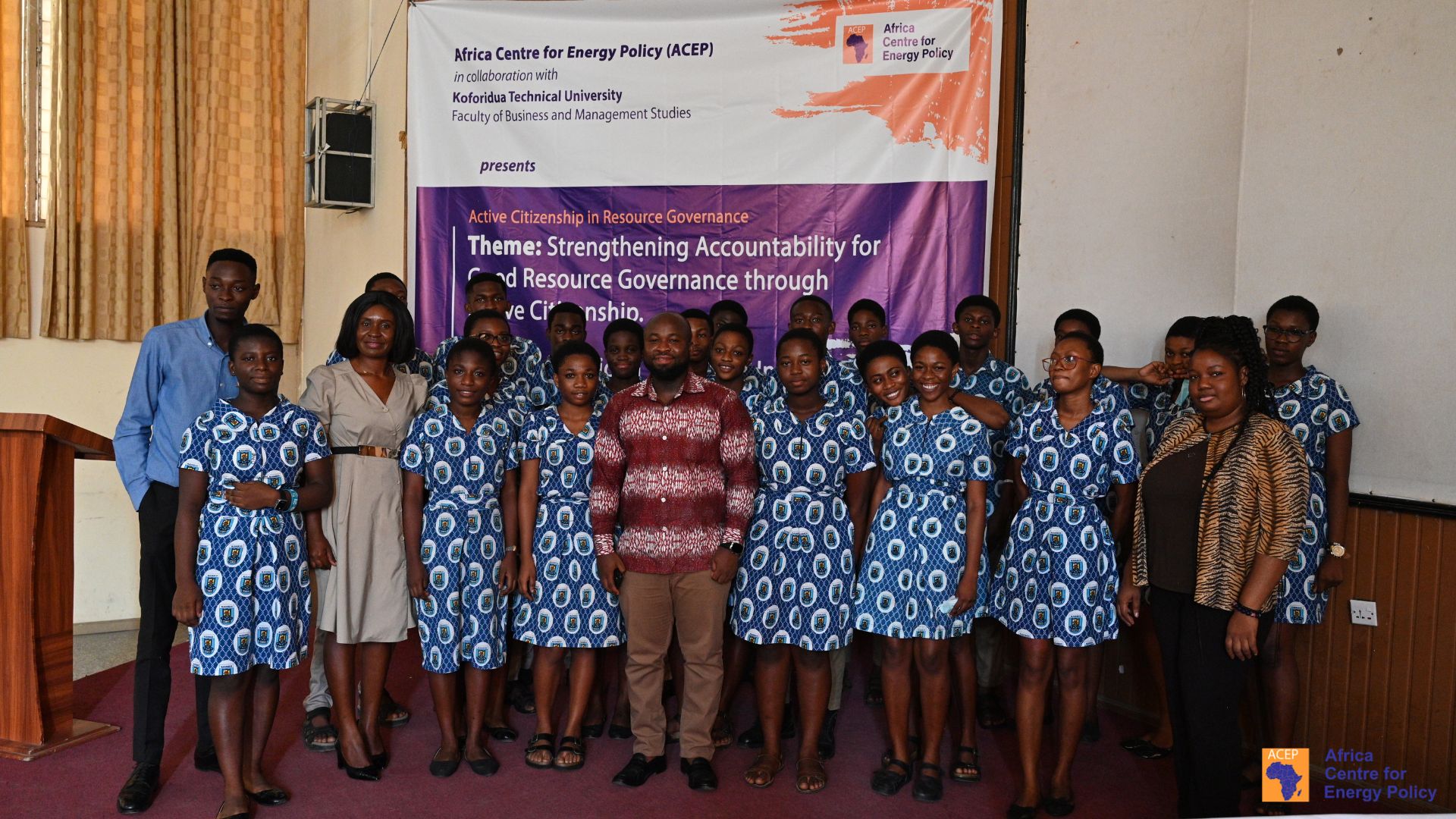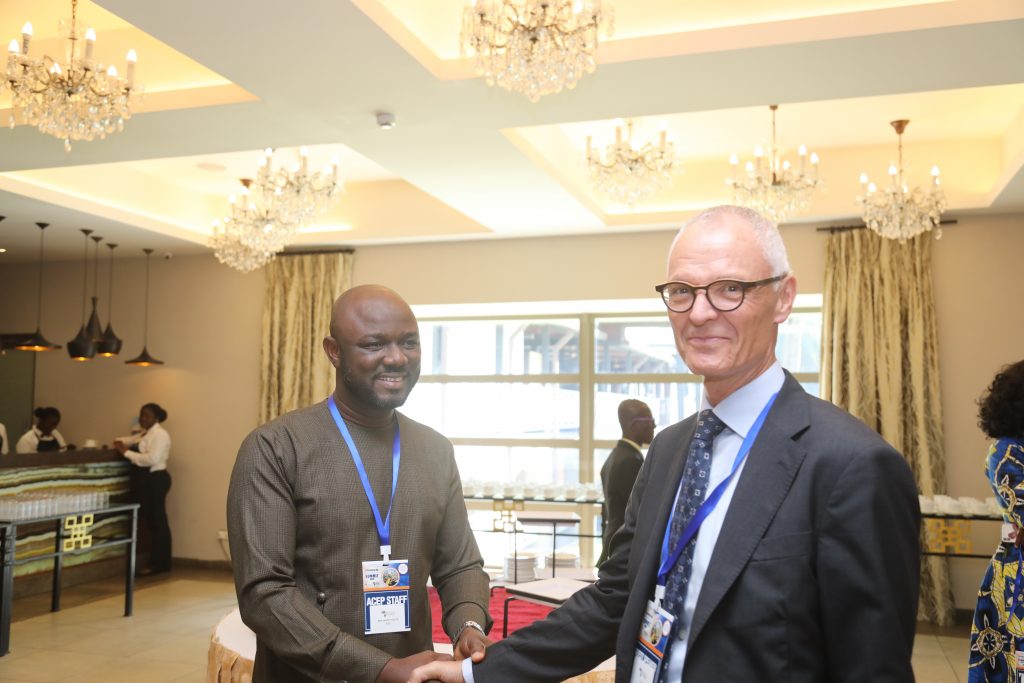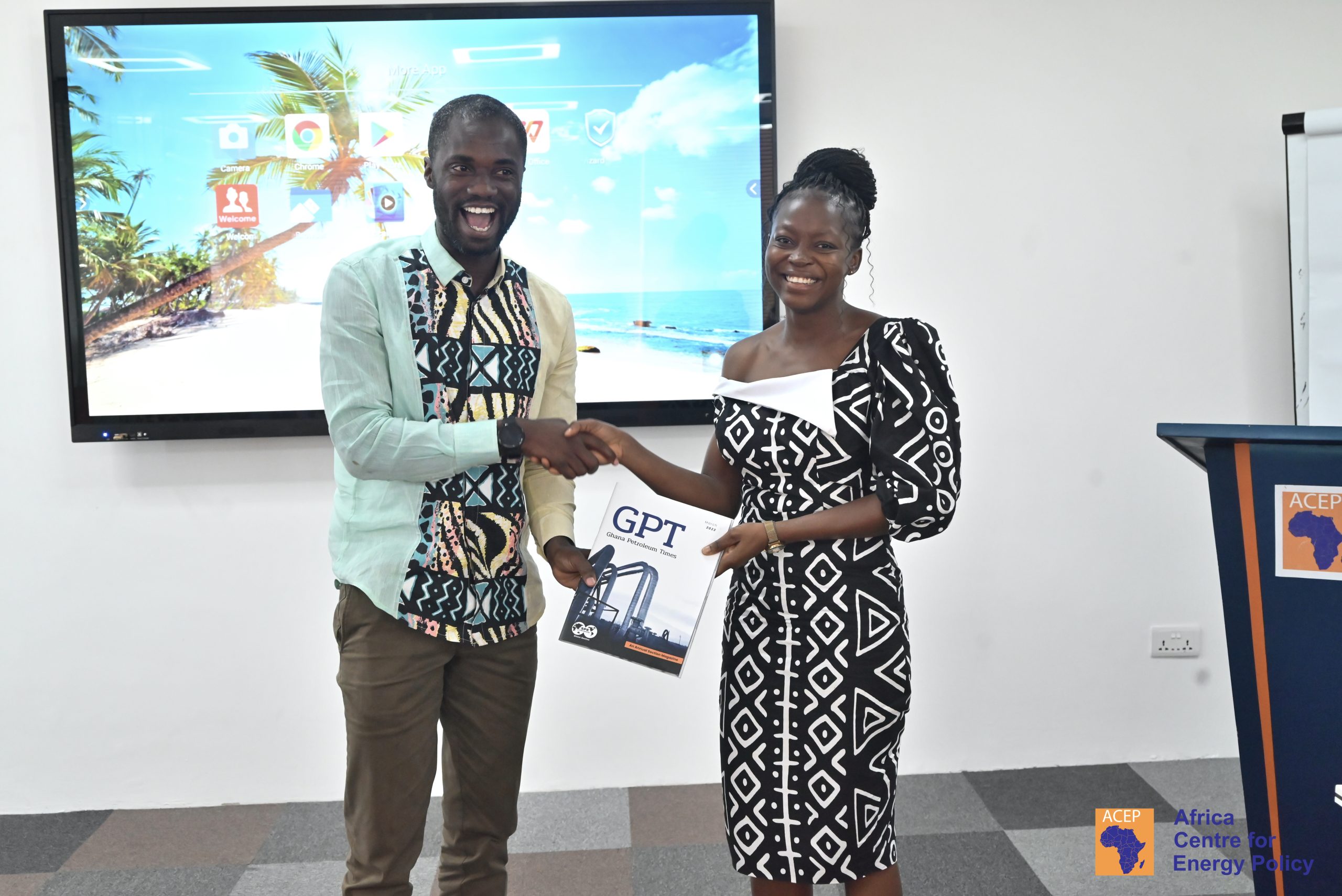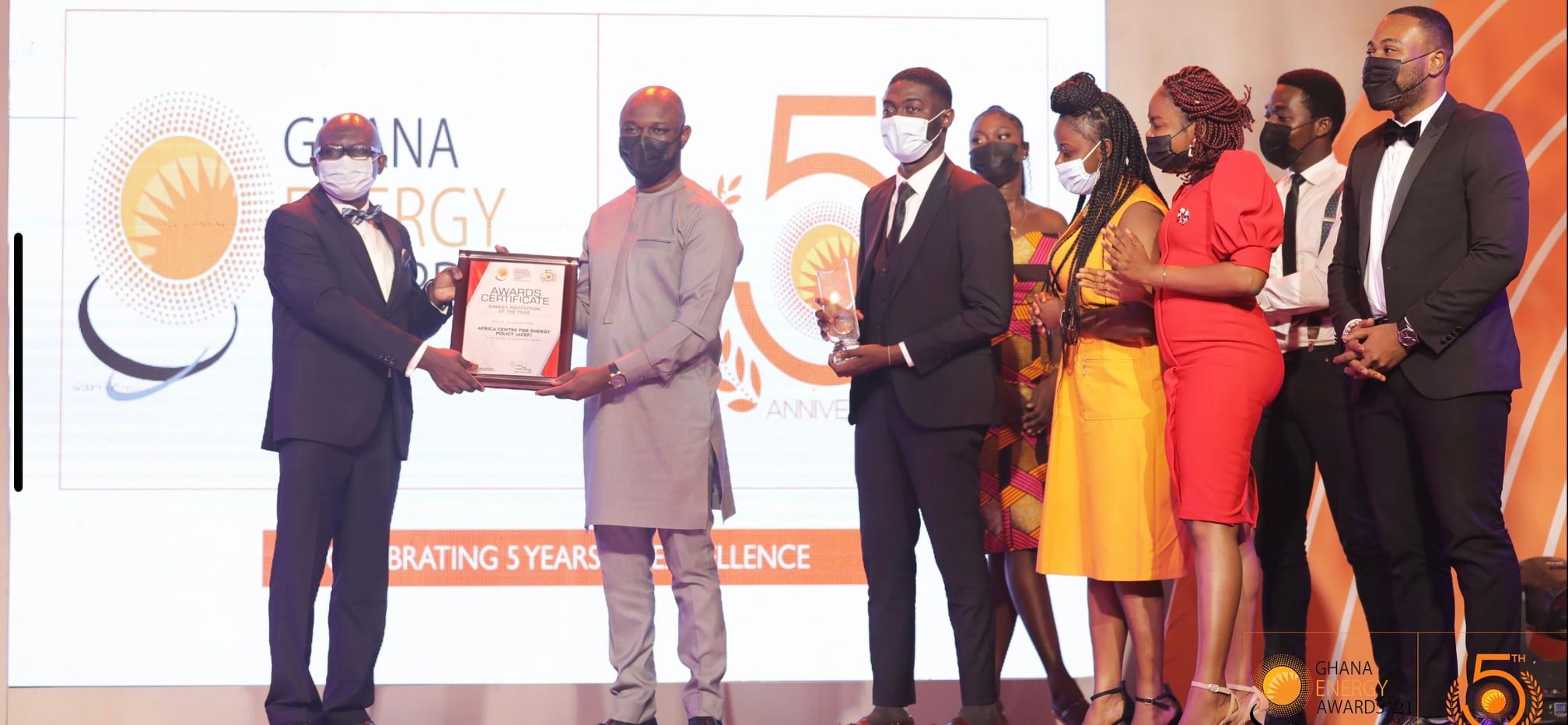

Governance of Extractives Industries in Anglophone Africa
The energy transition offers both socioeconomic and environmental benefits for countries that can strategically position themselves. These opportunities are accessible to those who can leverage their abundant critical mineral resources and those capable of fostering the development and deployment of innovative technologies. However, corruption risks and governance challenges could potentially threaten these positive outcomes. To seize the opportunities and manage the risks, resource-rich African countries must adopt appropriate economic policies that integrate the requirements of the energy transition. These policies must ensure a transparent and inclusive governance of the sector.
2025 AFREIKH Summer School
The Anglophone Africa Extractive Industries Knowledge Hub (AFREIKH) aims to bridge knowledge gaps in the energy and extractive sectors in Africa through training and capacity building to improve effective extractive sector governance. This year, ACEP, with support from the Natural Resource Governance Institute (NRGI), will host the one-week intensive summer school on extractive industries governance in Accra, Ghana.
This intensive summer school will convene extractive sector stakeholders across Anglophone Africa to delve into the critical issues, challenges, and evolving landscape of Africa’s extractive industries, while navigating the ongoing energy transition. Participants will also gain practical insights by attending the Future of Energy Conference (FEC), which offers a platform to explore innovative solutions and strategies for a sustainable energy future for Africa.
📅 18th – 29th August, 2025
📍 Accra, Ghana




The training aims to equip stakeholders in the energy and extractive sectors with the knowledge, skills, and tools to enhance the impact of their work and promote transparent, responsible natural resource management in Africa.
Key topics include:
- Understanding the Extractive Sector in Africa
- The Global Energy Transition and Africa
- Diversification Strategies in Resource-Dependent Economies
- Strengthening Green Industrialisation Regional Value Chains for Critical Minerals & Clean Energy Technologies
By the end of the Summer School, participants will:
- Gain deeper insights into policy, governance, and sustainability issues in Africa’s energy and extractive sectors.
- Be equipped with practical tools and frameworks for influencing reform in their respective fields.
- Build valuable networks across sectors and regions for continued collaboration.
- Contribute to the creation of a joint knowledge product: Rethinking Extractive Sector Governance – Volume II, featuring thought leadership, innovative ideas, and policy recommendations for advancing natural resource governance in Africa
The summer school is designed for civil society organizations (CSOs), media, and government actors working to promote good governance in extractive industries. Graduates join a vibrant alumni network that offers continued mentorship, professional development, and a platform for learning, collaboration, and collective action across Africa.
Applicants must:
Hold a position in an institution engaged in extractive or energy sector governance (e.g., parliament, academia, CSOs, or media).
Have at least three years of relevant experience in the oil, gas, mining, or energy sectors.
Demonstrate strong interest and understanding of policy and governance issues related to natural resources, including energy transition.
Be able to fully participate in the entire program.
Have a good command of written and spoken English.
The course fee is $2500, which includes training fees, accommodation, meals, and other expenses. This fee does not cover flight expenses. Limited scholarships are accessible.
Scholarships, whether full or partial, may be granted to select participants following application reviews. Due to the limited availability of scholarships, we urge applicants to pursue funding options for their attendance.
Women are especially encouraged to apply.
Application deadline is Saturday, 31st May, 2025
For any application challenges or queries related to participation in the summer school, please direct your inquiries to betty.owusu@acep.africa or info@acep.africa



